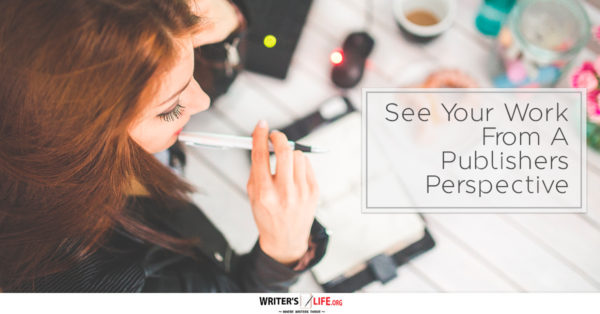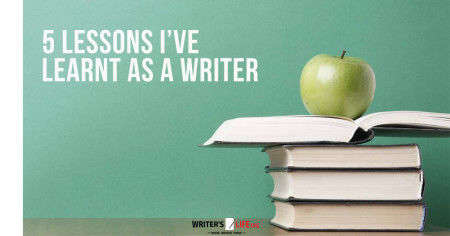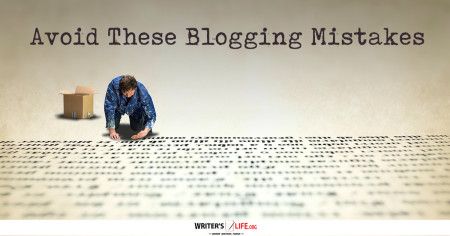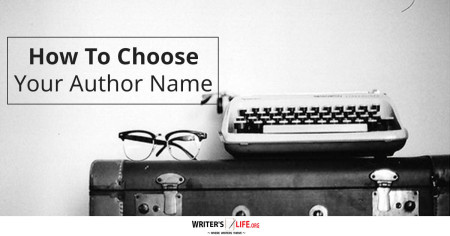- How To Tackle Jealousy In Creative Writing
- Common Submission Mistakes
- How To Stop Your Blog Becoming Boring
- The One Thing Every Successful Writer Has In Common
- How To Make Yourself Aware Of Publishing Scams
- Why Almost ALL Writers Make These Grammar Mistakes At Some Point
- 5 Tips For Authors On How To Deal With Rejection
- Top Mistakes to Avoid When Writing a Novel
- How to Avoid Common New Writer Mistakes
- 10 Mistakes New Fiction Writers Make
See Your Work From A Publishers Perspective

So you have finally shut down your laptop and said ‘no more’ to revisions. Your book is done. You are feeling excited, determined and perhaps a little buzzing from all those endorphins (and the unhealthy levels of caffeine you’ve been consuming). So what’s next? You’ll probably be ready to send it off to publishers, and this is the crucial stage.
Most writers dream of getting picked up by a mainstream publisher, however, most are also realistic about the highly competitive market they are entering into. You could just put your manuscript in a drawer and forget about it; you could head down the self-publishing route - however, if you want to throw your hat in the ring, then you need to know how to give yourself the very best chance of success.
So just what is it that publishers look for when they receive a manuscript, and what does it take for them to decide to take a chance on it?
Your query letter
Your query letter is the first thing the editor or decision maker will read when they receive your manuscript. If your query letter is poorly written or doesn’t include the information they need to make a decision there is every chance they won’t even bother to read your book at all. The majority of query letters will tell agents and editors whether or not the author is ready to be published and what they are looking for in a writing career. They want to feel confident not only in the written work and the talent of the author, but also that they will be able to work with them to shape their story into a publishable book.
Both agents and publishers need to make a living, and therefore their decisions are business ones, they want to develop long-term mutually profitable relationships with authors. So you need to give them the impression that you are a person they can rely on. Following their submission guidelines to the letter is of utmost importance. If you refuse to follow their rules from the outset, they will assume you will be difficult to work with and could end up wasting everyone's time - to them it is simply not worth the risk. Treat a novel submission the same you would do in any job application or business proposal. Be courteous, friendly and business-like. Don't be overly intimate or too colloquial. Don't make outrageous claims about your book. Don’t give them your life story. Respect them and their processes - this is as important as the quality of your writing when it comes to getting past that first hurdle.
Your Submission
Again your submission needs to be sent exactly as the agent or publishing house requests. If they ask for it in particular typeface, font size and line spacing make sure you give it to them like that. If they ask for the first three chapters don't be tempted to send them the first five, even if you think that’s when they story ‘really gets going.’ Your writing should speak for itself. If it’s good enough, you won’t need any gimmicks. If you use flowery language, bright colours, or unusual paper nine times out of ten agents and publishers will see this as a distraction rather than something which enhances your work.
Your patience
Remember how busy agents and publishers are. There is nothing worse from an agents or publishers perspective than an author who calls them every week to see how they are ‘getting on.’
Seeing your work from a publishers perspective can really help you to shape it and present it to them in the way that means you are dong everything you can, and will make choosing your manuscript over the thousands they receive each week seem like a great idea!

Bethany Cadman -author of 'Doctor Vanilla's Sunflowers'



















